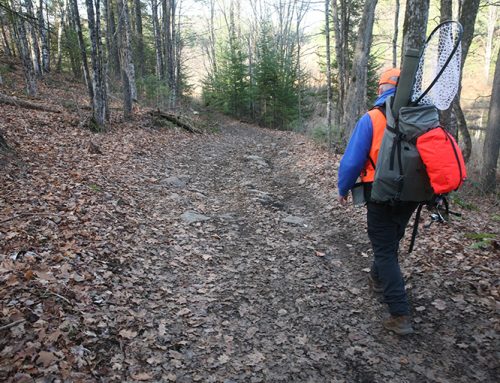
Hunters are reminded to be on the alert for rabies after first human case in Ontario since 1967 confirmed a child from Brant-Brantford contracted the disease from a bat in Gowganda in early September.
Although details were not released, one health official said the child succumbed to the disease. Later in the month, another Brant-Brantford resident was bitten by a bat.
“People that come into contact with wildlife, like hunters, need to be aware of the risk of rabies. Once symptoms develop, rabies is always fatal in animals and almost always fatal in people,” OFAH Policy Manager Mark Ryckman stated.
He advised hunters to ensure their dogs are vaccinated against rabies, and to not pursue animals that exhibit abnormal behaviour, no fear of humans, visible illness, or disorientation.
According to Health Canada, hunters and trappers in close contact with foxes, bats, skunks, and raccoons are considered at higher risk of rabies and may want to consider pre-exposure immunization. To avoid rabies, hunters and trappers are advised to avoid head shots on suspected rabid animals as this can make testing more difficult and potentially spread the virus.
“Over the years, the Ontario government has done great work eliminating rabies in terrestrial wildlife, despite periodic flare ups,” Ryckman said. “But there is no practical means of eliminating rabies from bat populations.”
Vaccinate your dog and yourself. Once rabies shows symptoms, it almost always leads to death.






Leave A Comment